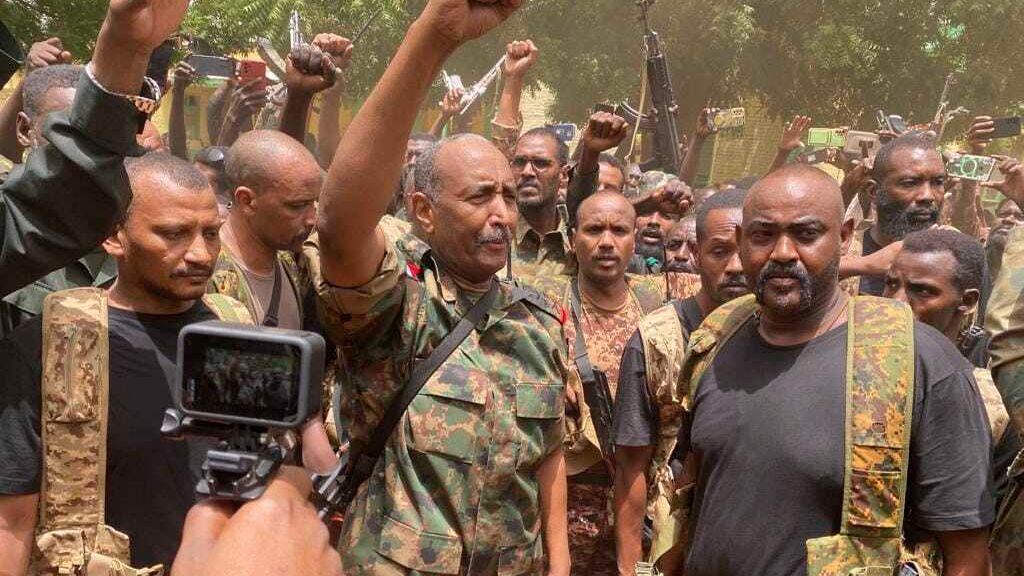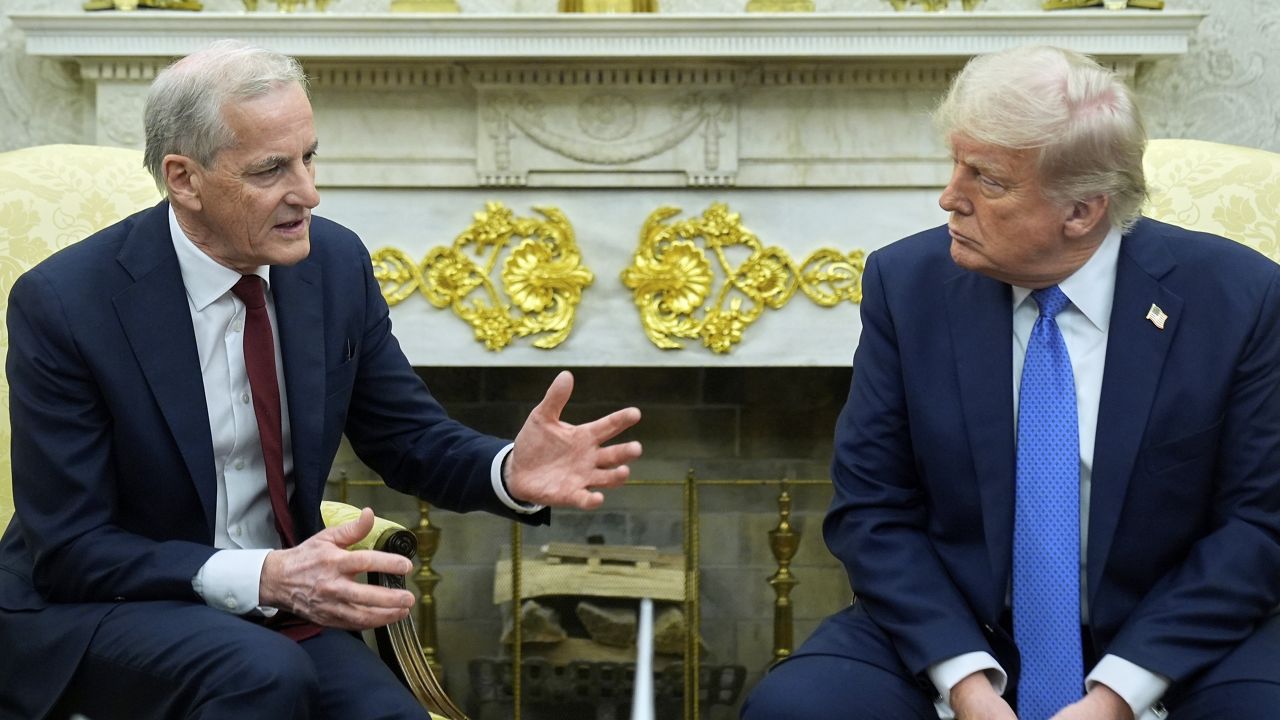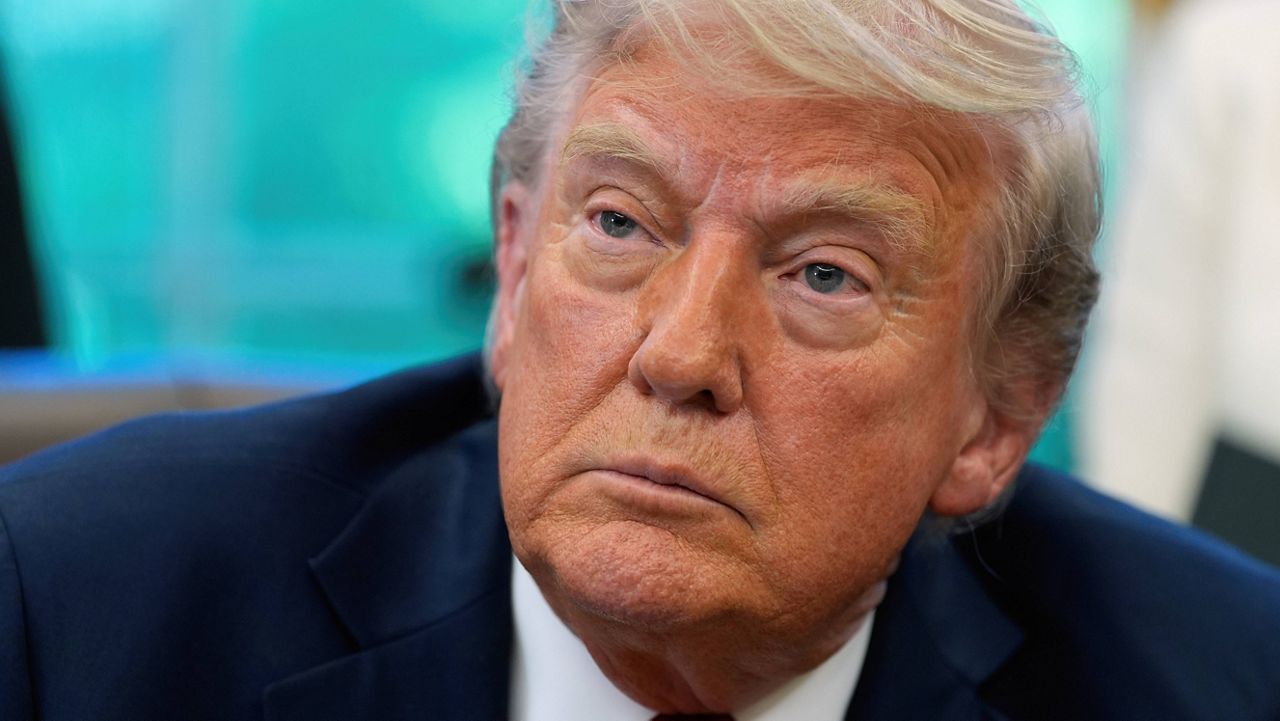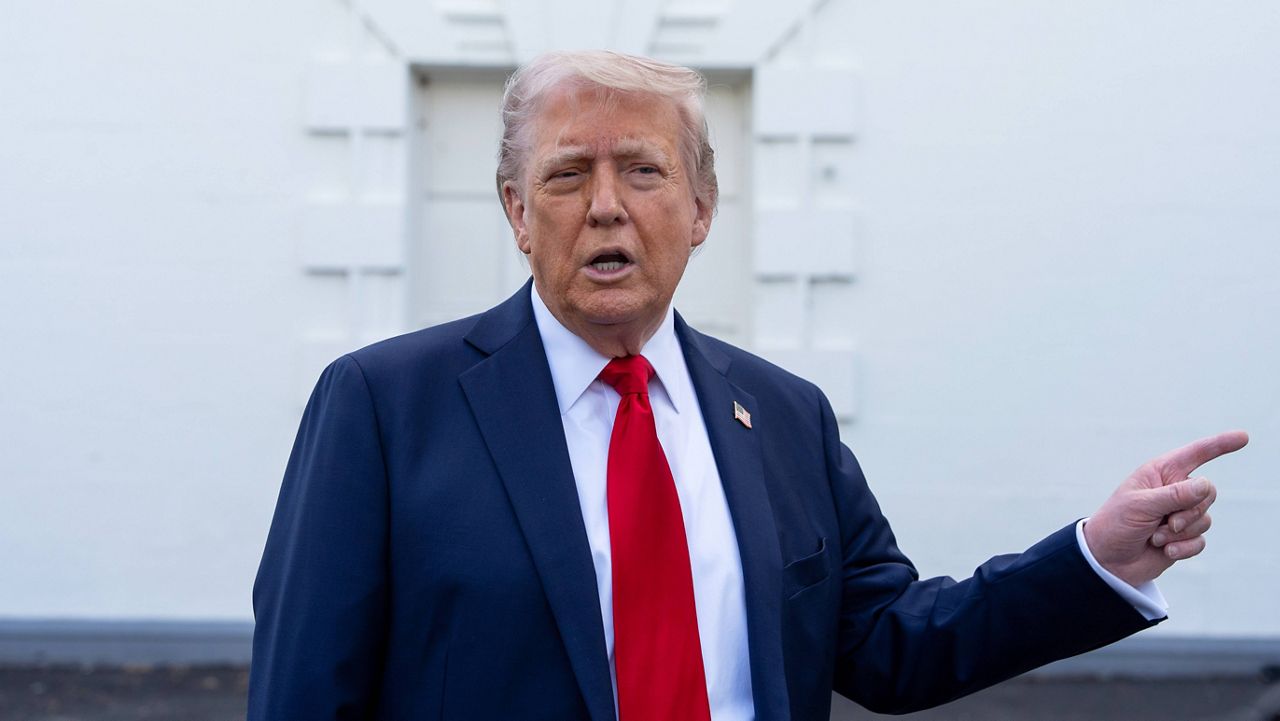Sudan’s warring parties began a cease-fire Sunday morning after two months of fighting pushed the African nation into chaos.
What You Need To Know
- Sudan’s warring parties have begun a cease-fire, as two months of fighting pushed the African nation into further chaos
- The three-day cease-fire has taken effect Sunday morning
- It comes ahead of a pledging conference to be held on Monday to help fund Sudan’s humanitarian needs, exasperated by the conflict
- Sudan plunged into chaos after months of worsening tensions between rival generals exploded into open fighting, in mid-April, across the country with the capital, Khartoum, and the western Darfur region bearing the brunt of the armed conflict
Residents in the capital, Khartoum, and its neighboring city of Omdurman reported “relative calm” in the first hours of the cease-fire Sunday morning, after fierce clashes were reported the previous day.
The three-day truce came ahead of a pledging conference the U.N. and other nations will organize Monday to raise funds to cover Sudan's humanitarian needs.
The U.N. says it received less than 16% of the $2.57 billion required to help those in need in Sudan in 2023. Another $470 million is needed to support refugees in the Horn of Africa region, it said.
The United States and Saudi Arabia, announced the cease-fire agreement Saturday. Both led concerted diplomatic efforts to stop the war over the past two months.
The U.S. and Saudi Arabia said in a joint statement that the military and its rival paramilitary group, the Rapid Support Forces, agreed to halt fighting and “refrain from seeking military advantage during the ceasefire.”
Sudan plunged into chaos after months of worsening tensions between the rival generals exploded into open fighting, in mid-April, across the country with the capital, Khartoum and the western Darfur region bearing the brunt of the armed conflict.
The fighting turned Khartoum and other urban areas into battlegrounds. More than 3,000 people lost their lives and over 6,000 others were wounded, according to Health Minister Haitham Mohammed Ibrahim. It forced more than 2.2 million people to flee their homes to safer areas inside Sudan and to neighboring nations.
The cease-fire was the latest in a series of attempted truces, brokered by the U.S. and Saudi Arabia, all of which failed to stop fighting, with the meditators blaming the two warring sides for repeated violations.
The humanitarian situation in the war-ridden country has been worsening. At least 24.7 million people - more than half of the country’s population- need humanitarian assistance. And over 100,000 children are projected to suffer from severe acute malnutrition with medical complications by the end of the year, the World Health Organization warned on Friday.
The U.N. health agency said it needs $145 million to meet the increasing health needs of those impacted by the conflict inside Sudan and assist those who fled to neighboring countries.
“The scale of this health crisis is unprecedented,” Ahmed Al-Mandhari, WHO regional director for the Eastern Mediterranean. He added that funds are urgently needed to avert a looming collapse of Sudan’s healthcare system.
The conflict has wrecked the country’s infrastructure. It also left about 60% of health facilities across the country nonfunctional, amid a drastic decrease in medical supplies, which were either destroyed or looted, according to the WHO.
The UN agency said it confirmed at least 46 attacks on health facilities between April 15 and June 8.








